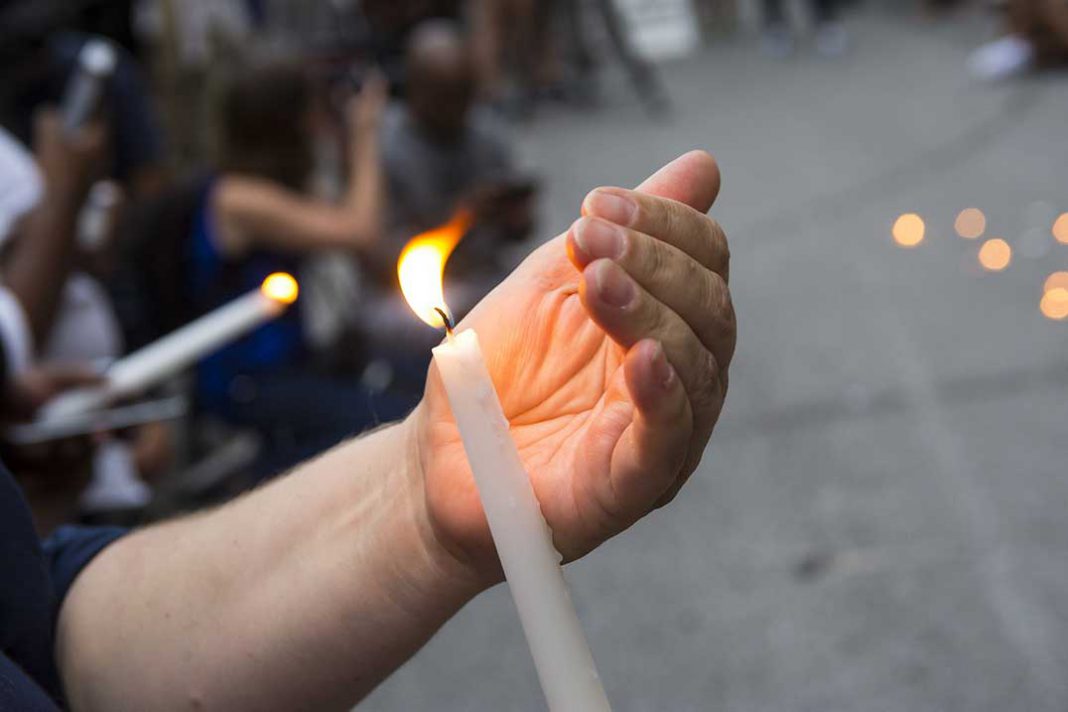Will explore ways the violence against male victims underpins tragedy
OTTAWA—The national inquiry into the travesty of the missing and murdered indigenous women and girls has been under fire for both taking too long to get up and running, but a potential sidebar suggesting the inquiry be expanded to include men was (mostly) set aside when the inquiry spoke at a news conference on Tuesday, February 7.
Lead commissioner Justice Marion Buller delivered that message as she addressed issues such as the recent removal of the communications director and numerous questions that have been circulating about the status of the inquiry.
The update came in the wake of criticisms from First Nations leaders, advocates and family members suggesting that better communication would reduce the ongoing trauma uncertainty generates.
“It’s about time,” admitted Justice Buller. “We know families, especially, have been waiting for this work for more than a decade—it is time to get to work.”
The lead inquiry commissioner said that while she and her fellow commissioners understand and share many of the frustrations being expressed by the families, “we also know we have to do the job properly—and that takes time.”
The national inquiry will be breaking new ground, with an approach unlike previous national inquiries, but it is still expected to begin its real work this spring. Up to now, the work (and a good chunk, 10 percent, of the commission’s $53.8 million budget) has been largely focussed on setting up the protocols and infrastructure for the inquiry. The inquiry mandate is set over two years. At the inquiry update Justice Buller noted the commission will focus its funding on evidence-gathering, research and consulting with survivors and families.
Unlike most previous national inquiries, the national inquiry into missing and murdered indigenous women and girls will be “entitled to receive information which might not otherwise be admissible in evidence in a court,” noted inquiry lead counsel Susan Vella.
The commission of inquiry will only enter communities where they have been invited, and protocols will vary depending on the First Nations territory in which they are operating. The need for maximum flexibility means this commission will be breaking a lot of new ground as it does its job.
Adding another layer of complexity will be the inclusion of lesbian, two-spirit and transgender people, requiring a wide set of options when it comes to collecting its data.
“Information may be received by the commissioners through various different mediums ranging from people telling their stories to the commissioners directly, to people providing the information by way of a written statement, to trained statement takers, or through forms such as poetry, art, and audiovisual statement,” Ms. Vella said, adding that the normal rules governing evidence will not apply. The hearing rooms are not likely to be set up anything like formal courtrooms, according to the lead counsel. There will be no cross-examinations.
But there will be ceremonies and storytelling included in the process, and families who wish to testify together as a group will be allowed that ability.
A major difference in this inquiry is that each province and territory will be able to compel evidence from institutions and government agencies within their jurisdictions, greatly expanding the available data to inform the commission’s eventual findings and recommendations.
There will, however, be no forensic review of cases involving men and boys, noted Ms. Vella, although the commission will take into account “relevant” testimony from indigenous men and boys.
“Unfortunately, the MMIWG commissioners had a press conference yesterday, (where) they made a decision not to include the missing or murdered aboriginal males after all,” noted activist John Fox in the immediate aftermath of the announcement. “What a big let down.”
But after digesting the news, Mr. Fox managed to find a mote of light. “More men and boys can present at inquiry,” he noted, “but it’s minimal involvement. No problem. At least they’ll have a forum to talk.”
Anishinabek Nation Grand Council Chief Patrick Madahbee said that he too was disappointed that the commission will not be expanding to include men and boys. “It has taken a long time to roll out,” he said. “The Chiefs of Ontario are still organizing an Ontario approach. There is a meeting taking place on the issue soon.”
Chief Madahbee said that it has always been the position of the Anishinabek Nation that the inquiry should be expanded. “There are a lot more murdered and missing men,” he noted. “It has been a push of the Anishinabek Nation that they should be included.”




